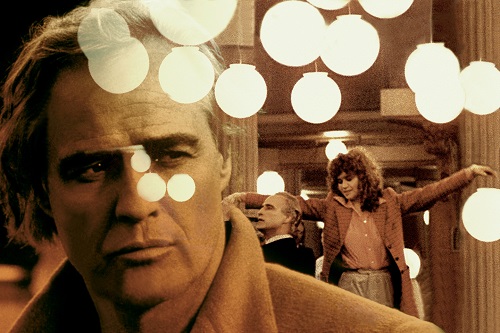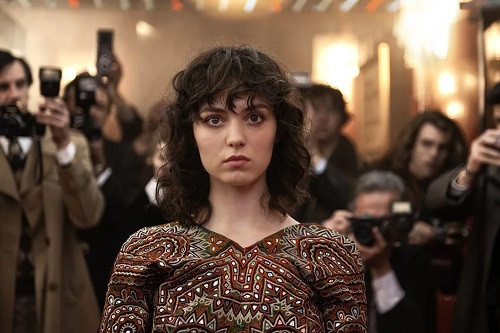Schneider and Bertolucci, an [Endless] Last Tango
TORONTO – When Aristotle was stating his law of non-contradiction in the work Gamma of Metaphysics, it wasn’t likely that he imagined a society [in the West at least] as polarized as today’s. “It is impossible for the same thing to belong and not to belong at the same time to the same thing and in the same respect”, wrote the 4th century B.C. Greek Philosopher. In others words, two opposing ideas cannot be true at the same time. But the extreme ideological divides permeating politics and society in the 21st century has created somewhat of a “cancel culture”, a concept that Aristotle would likely not have supported – at least not in the name of his law. And nowhere has this cancel culture been more practiced than within show business.
To illustrate the point, New York based Distributor Kino Lorber has just purchased the rights to Being Maria, a film adapted from Vanessa Schneider’s novel “Tu t’appelais Maria Schneider” – the story of actress Maria Schneider’s mistreatment on the set of Bernardo Bertolucci’s Last Tango in Paris (1972). The film depicts a rancorous and cuckolded widower who engages in a no-strings-attached romance with a younger inexperienced woman, played by Schneider.
The film’s depiction of one particular sex scene in which Marlon Brando and Director Bertolucci improvised using butter as a prop [during a fictional rape scene], unsurprisingly shocked a lot of viewers. It was deemed so obscene that a court in Bologna indicted Bertolucci for making, what prosecutors believed, was a pornographic film. But while the Director was ultimately acquitted of the charge, the Italian courts ordered that all copies of the film be destroyed and Bertolucci stripped of his civil rights for five years.
In a 2013 interview Bertolucci clarified his side of the story: “Maria knew everything because she had read the script, where it was all described. The only novelty was the idea of the butter. And that, as I learned many years later, offended Maria. Not the [fictional] violence that she is subjected to in the scene, which was written in the screenplay”.
Maria Schneider felt differently about it. In 2007 she stated: “That scene wasn’t in the original script. The truth is it was Marlon who came up with the idea. They only told me about it before we had to film the scene, and I was so angry. I should have called my agent or had my lawyer come to the set because you can’t force someone to do something that isn’t in the script, but at the time, I didn’t know that”.
Distribution Executive Lisa Schwartz of Kino Lorber believes that, “By centering the Last Tango in Paris’ star’s perspective, the film tells a story that feels more timely and relevant than ever. Anamaria Vartolomei (as Mari Schneider) is a true breakout performer…and Jessica Palud has crafted a moving, deeply resonant biopic of Maria Schneider”, stated Schwartz in a recent Variety interview.
Before his passing in 2018, some detractors publically lambasted Bertolucci saying he “should be jailed” and that he perpetrated a “planned rape”. Remembering of course that this was a film and the rape was scripted and not real, I wonder if Aristotle might have rethought his stance on whether two opposing beliefs could be true at once. That Bertolucci was guilty – but not a criminal. There were lessons to be learned, and practices corrected. But the film stands as a fine work, and Schneider’s voice is as equally important.
Image of Anamaria Vartolomei in Being Maria courtesy of Kino Lorber; image of Last Tango in Paris courtesy of United Artists
Massimo Volpe is a filmmaker and freelance writer from Toronto: he writes reviews of Italian films/content on Netflix





